Since 2017, 5906 individual books have been banned in the United States to police which course material and identities will be taught in classrooms, most prevalently in Florida. However, many educational institutions highlight the importance of teaching banned material, including Lick-Wilmerding High School.
Since Ron DeSantis was elected as Florida governor in 2019, students’ identities have been targeted in educational policies through his “anti-woke” agenda. Legislation within the state has increasingly restricted what educators are allowed to include in their lessons and their syllabi.
Laws such as the Stop WOKE (Wrongs to Our Kids and Employees) Act – that prohibits classroom material on topics that could spark guilt among students for their core identifiers – and the Parental Rights in Education Bill – which barred teachers from educating about sexual orientation and gender identity – have made classrooms a place of ostracization for students with marginalized identities.
Furthermore, these laws contribute to Florida’s status as the state with the highest number of banned books. According to PEN America, a nonprofit combating censorship in literature, book banning is when any parental, administrative or legal action is taken against a book due to its content. Of the 3,362 instances of book banning that the organization found during the 2022-2023 school year, nearly 42% occurred within Florida.
However, not every school district has succumbed to widespread book banning; Tanner Cellich, a Florida high school senior in Pinellas County, has not experienced a change of his school’s English curriculum in the face of mass politicization of education. But he remains against book banning regardless. “It just acts as propaganda that legitimizes people who are scared of talking about identity,” he said.
Other schools across Florida that have already banned several books such as Charlotte’s Web, The Fire Next Time and The Handmaid’s Tale.
Mion Hahm, a longtime Florida resident and mother of two children who have circulated through the Florida public school system, does not agree with the book bans that are currently flooding the state. “If there are books that seem to be edgy or have more sexual content and it’s sitting in a school library, children don’t have to voluntarily read it. Ultra-conservative right-wing parents don’t even want to have it available, they want total blockade,” said Hahm. “In life, you shouldn’t block something out because you personally don’t agree with it.”
Some books have been subject to bans more than others; Toni Morrison’s Beloved was banned in 7 different Florida school districts last school year.
Set in 1873 and based on a true story, the 1987 novel tells the story of Sethe and her family who escape slavery but are haunted by the baby that she murders when they are caught and almost brought back to be enslaved. Given the novel’s mentions of sexual assault, race-based violence and assaultive language, Beloved has joined the list of top 10 most frequently nationwide banned books in both 2006 and 2010.
However, its sensitive topics have not dismayed teachers like Katie-Rose Breslin from teaching it in their classrooms. Beloved is currently being taught in her English senior seminar Back to the Future: Time and Memory in American Literature and Film at LWHS. Along with Beloved, students have also engaged with The Twilight Zone, Kindred and Get Out, focusing directly on how American chattel slavery has been remembered in the present.
A long-time Morrison fan, Breslin has been waiting years for the chance to teach Kindred and Beloved alongside each other and feels a responsibility to foster discussions surrounding the nation’s harmful history in her classroom. “I don’t want any children to feel bad about themselves, but I do want children to learn to talk about difficult things that have happened in our country’s past,” said Breslin.
Book bannings do not directly affect LWHS students given the school’s privatized education and California’s recent prohibition of book bannings in public school. But many community members recognize the importance of talking about these topics regardless.
Students in Breslin’s senior seminar shared their experiences reading and discussing Beloved in their classes. Ivy Kilar ’24 explained how important opening conversations about the nation’s past is for students and adults alike. “By not educating the next generation on our past, we’re further showing that as a country, we think the way of interacting with our past should be covering it up and pretending it doesn’t exist,” Kilar said.
Breslin hopes that students will take the opportunity to confront these texts head on, even if they may want to shy away from the topics discussed. “The thing about Toni Morrison is that she writes things that are real and are upsetting and they do not invite you to look away. Even when you want to,” said Breslin.
In addition to Breslin’s senior seminar course, LWHS students have taken initiative towards educating themselves on deliberately banned topics. LWHS’ Banned Books Club works to combat the nation’s attempts at education restriction by reading and discussing commonly banned books.
Henrietta Benziger ’24, founder and leader of the Banned Books Club, highlighted the importance of discussing sensitive topics in school.
“Having these spaces to read books and enjoy books, but also enjoy the conversations and dialogues about the challenges these books present is vital,” she said. “I think this is what we need in the classroom, it’s what we need in learning spaces, and it’s what we need to push back against the bannings that are happening everywhere.”
The Banned Books Club plans to read and discuss Beloved in the Spring semester and encourages students to participate in the club’s upcoming conversations. “It’s not only fun and interesting and insightful for anyone who participates, but it also actively subverts attempts of censorship for students,” Benziger said.
LWHS students expressed that reading banned books, especially ones prohibited for sharing authentic portrayals of the nation’s history, is crucial to expand their own minds. “Living in California and having the opportunity to read this material is a blessing, and so it’s our responsibility to talk and inquire about our pasts so we can learn from them,” Kilar said.
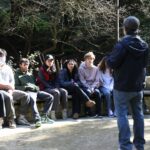
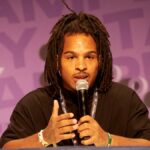
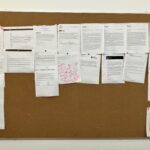
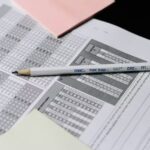
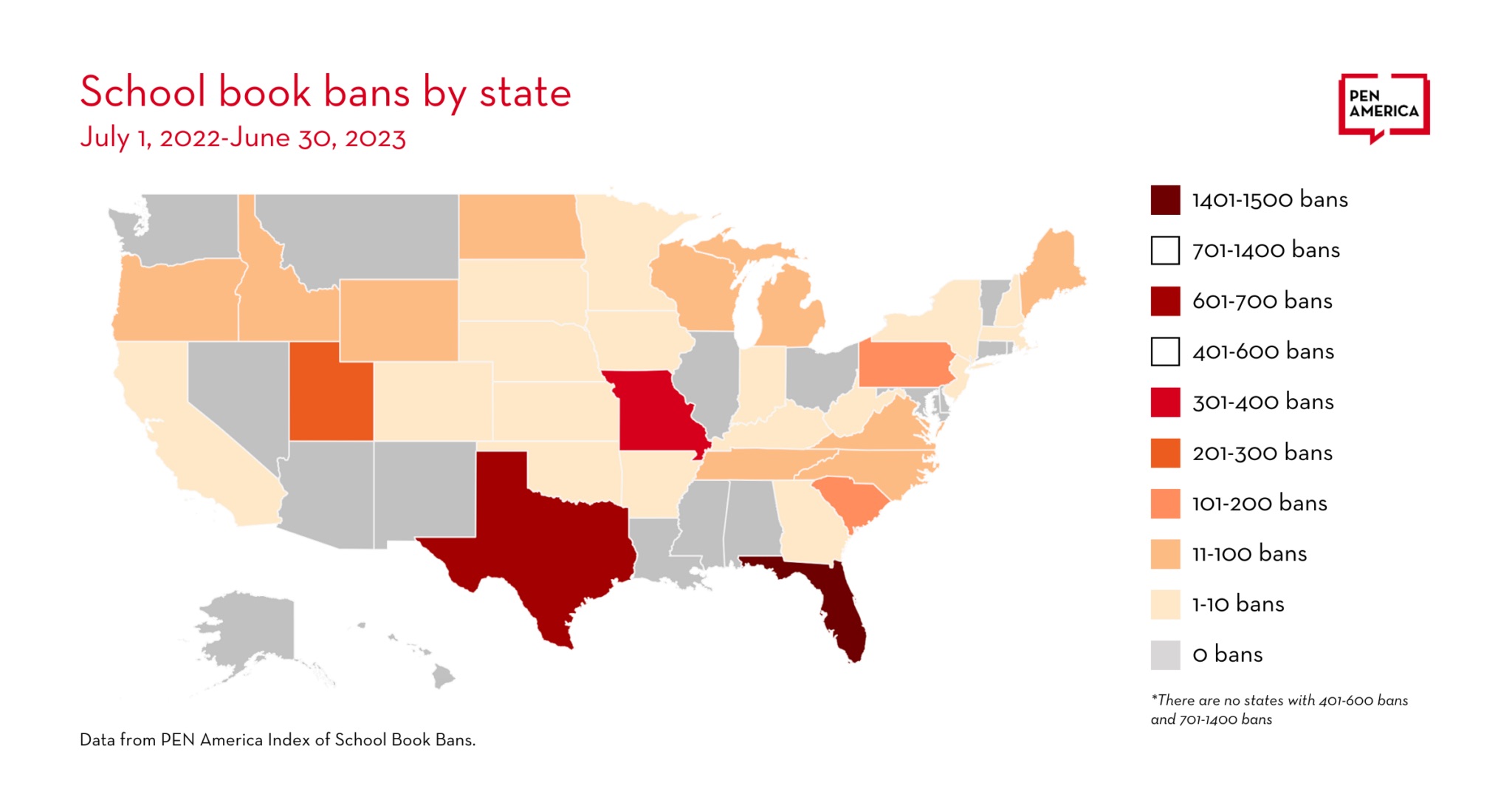
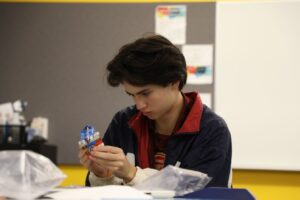


Thank you so much!
Thank you so much!
ZMEBFvXzsfWKt
Thank you very much for the information. At the moment if I need freelancer services for example to make a website, order seo promotion of the site, place backlinks, write texts, process images, etc. I order here https://goo.su/aO1guU . Offers start at $10.